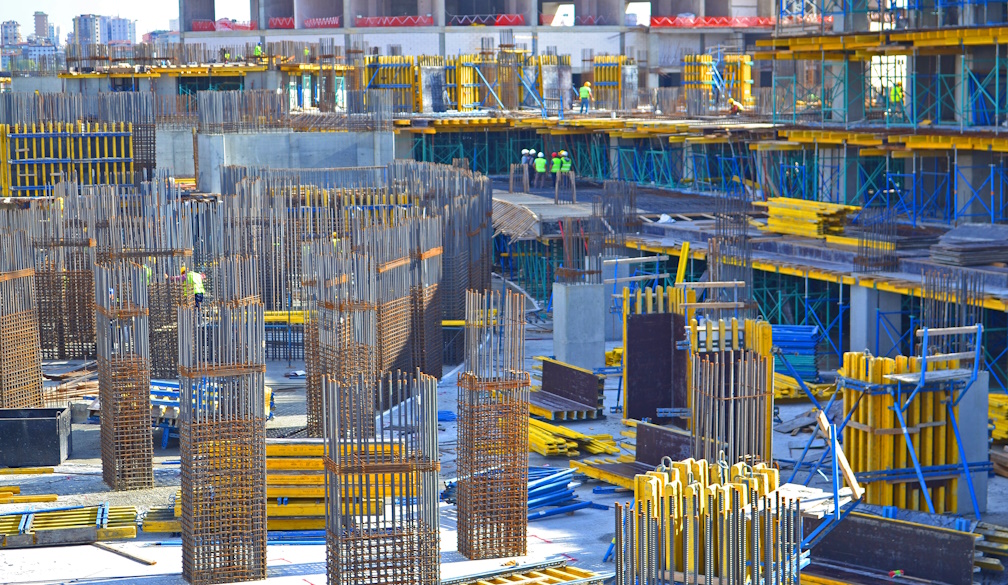Enhancing Road Safety with Traffic Light Systems and Traffic Management Systems

Efficient traffic flow is essential for modern cities, where growing populations and increased vehicle use often lead to congestion and safety concerns. To address these challenges, authorities and infrastructure planners rely heavily on advanced traffic light system designs and broader traffic management systems. These tools not only improve road safety but also ensure smoother traffic movement, reducing delays, fuel consumption, and environmental impact.
The Role of Traffic Light Systems in Modern Cities
A traffic light system is one of the most visible elements of road management. Positioned at intersections, pedestrian crossings, and busy highways, traffic lights regulate the movement of vehicles and pedestrians to prevent accidents and keep traffic organised. Beyond simple red, yellow, and green signals, today’s systems are integrated with sensors and smart technologies that adapt to changing traffic conditions in real time.
How Traffic Management Systems Work
While a traffic light system operates at a localised level, broader traffic management systems oversee entire networks. These systems combine data from cameras, road sensors, and GPS devices to monitor traffic flow across cities. By analysing this information, traffic authorities can adjust signal timings, manage congestion, and respond quickly to incidents. This integration ensures that both local intersections and city-wide roads operate efficiently.
Improving Road Safety
One of the primary goals of both traffic light system and traffic management systems is to reduce accidents. By clearly directing the movement of vehicles and pedestrians, traffic lights prevent collisions and minimise the risk of human error. Advanced systems can detect vehicles running red lights, manage emergency vehicle priority, and adjust timings during peak hours to prevent dangerous congestion. These safety features save lives and reduce property damage from accidents.
Reducing Congestion and Travel Time
Congestion is a common issue in growing cities like Melbourne and Sydney. Traditional traffic lights with fixed timings often fail to adapt to fluctuating traffic patterns, leading to unnecessary delays. Modern traffic light system designs use adaptive algorithms that adjust light cycles based on current traffic density. When paired with traffic management systems, this dynamic approach reduces bottlenecks, shortens travel times, and improves the overall efficiency of road networks.
Environmental Benefits of Smart Traffic Systems
Traffic congestion doesn’t only waste time—it also contributes to higher fuel consumption and increased emissions. By optimising flow, modern traffic management systems reduce idling times and improve fuel efficiency across thousands of vehicles daily. This translates into lower greenhouse gas emissions and cleaner air for urban residents. The environmental benefits of these systems are a major reason governments are investing heavily in smart infrastructure.
Technology Driving Smarter Traffic Solutions
Today’s traffic light system is far more advanced than the mechanical signals of the past. Integration with artificial intelligence, IoT (Internet of Things), and real-time data collection has revolutionised how traffic is managed. For example, smart traffic lights can communicate with connected vehicles to warn drivers of upcoming signal changes. Similarly, traffic management systems can predict congestion based on historical data and weather conditions, adjusting signals proactively to prevent gridlock.
Supporting Pedestrian and Cyclist Safety
It’s not just vehicles that benefit from these systems. A traffic light system also plays a critical role in protecting pedestrians and cyclists. Features such as countdown timers, pedestrian-activated signals, and dedicated cycling lanes with traffic controls make urban transport safer and more inclusive. Incorporating these features into traffic management systems ensures that all road users—not just drivers—enjoy improved safety and accessibility.
Emergency and Event Management
During emergencies or large public events, traffic patterns can change rapidly. Traffic management systems allow authorities to respond by adjusting traffic signals, rerouting vehicles, and prioritising emergency services. For example, systems can automatically grant green lights to ambulances and fire trucks, ensuring they reach their destinations without delay. This flexibility makes modern traffic solutions essential for effective city management.
Challenges and the Need for Investment
While the benefits are clear, implementing advanced traffic light system designs and city-wide traffic management systems requires significant investment in infrastructure and technology. Challenges such as integrating new systems with older road layouts and ensuring cybersecurity for connected technologies must be addressed. However, the long-term savings in reduced congestion, improved safety, and environmental benefits outweigh the initial costs.
The Future of Traffic Management
Looking ahead, the future of traffic light system and traffic management systems lies in even greater integration with smart city initiatives. Autonomous vehicles will depend heavily on intelligent traffic control to navigate safely. With AI and machine learning, systems will become predictive, not just reactive, anticipating traffic conditions before they occur. This evolution will make cities safer, cleaner, and more efficient.
Conclusion: Smarter Roads with Traffic Management Solutions
The effectiveness of a city’s road network depends heavily on its infrastructure. A well-designed traffic light system ensures order and safety at intersections, while integrated traffic management systems oversee entire networks for efficiency and resilience. Together, they reduce congestion, lower emissions, and save lives. For modern cities, investing in these technologies is no longer optional—it is essential for sustainable growth. As urban populations continue to rise, advanced traffic management solutions will play a central role in shaping safer, smarter, and more efficient roads.




